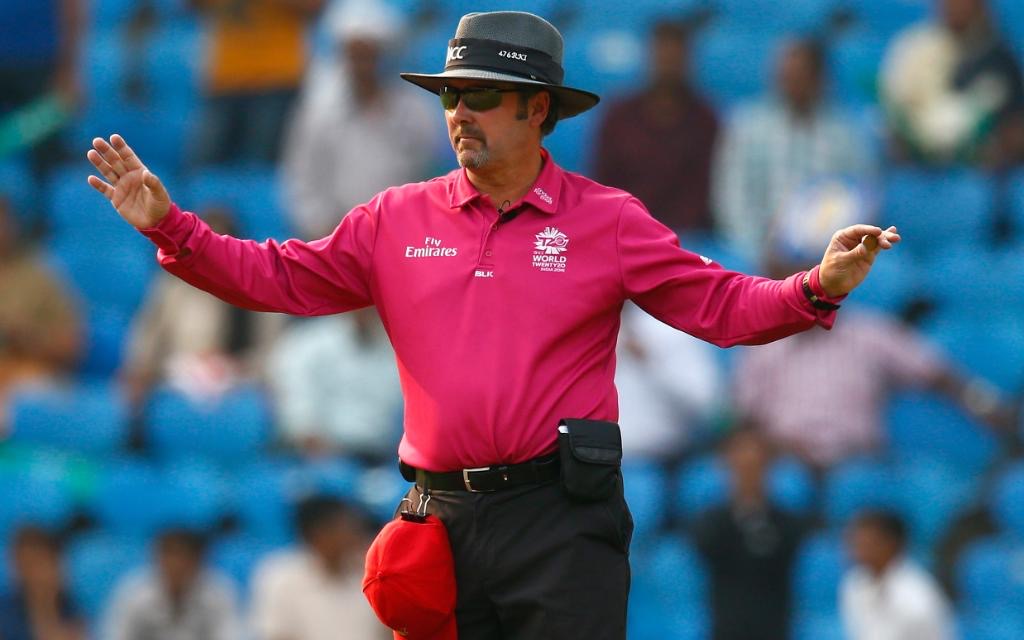
The International Cricket Council (ICC) has approved a series of changes to playing conditions across men’s international cricket. These include the stop clock rule in Test matches, an update to the saliva-use protocol, and a change to ball usage in ODIs. While some of these changes are already in effect in the 2025–27 World Test Championship (WTC) cycle, the white-ball rules will be implemented from July 2, 2025.
Stop Clock Introduced in Test Cricket
After being trialled in white-ball formats, the stop clock rule will now apply to Test cricket to curb slow over rates. The fielding team must be ready to start a new over within 60 seconds of the previous one ending. Teams will receive two warnings, and a five-run penalty will follow after the third offence. These warnings will reset after every block of 80 overs. The rule is already in use in the ongoing WTC cycle.
Saliva Use No Longer Mandates Ball Change
The ICC clarified that while the use of saliva remains banned, umpires are not required to change the ball unless its condition has been drastically altered. If the umpires allow play to continue and the ball misbehaves later, it cannot be replaced. However, the batting team will still receive five penalty runs.
Updated DRS Protocol for Caught Decisions
In cases where a batter is given out caught and reviews the decision, if UltraEdge shows contact with the pad, umpires will continue to check for LBW. The original “out” decision will carry over to the ball-tracking, meaning even an “umpire’s call” will confirm the dismissal.
Chronological Order in Combined Reviews
For reviews involving multiple incidents, the TV umpire will assess them in chronological order. If the first incident leads to a dismissal, the ball is considered dead at that point, and the second incident will not be reviewed.
Fairness of Catch to Be Reviewed Despite No-Ball
Even if a delivery is called a no-ball, the fairness of a catch will still be reviewed. If the catch is deemed fair, the batting team will only be awarded one run. If not, the batters will keep the runs they completed.
Penalty for Deliberate Short Runs
If a batter intentionally short-runs to steal a run, the team will be penalised five runs, and the fielding side can choose the striker. However, if a batter abandons a run and the umpire believes there was no attempt to deceive, no penalty will be given.
Full-Time Replacements in Domestic First-Class Cricket
On a trial basis, the ICC has approved full-time replacements in domestic first-class cricket for players suffering serious external injuries. The replacement must be like-for-like. This rule does not apply to injuries like hamstring pulls or minor niggles. Member boards can choose whether to adopt this trial.
For More Exciting Articles: Follow RevSportz



